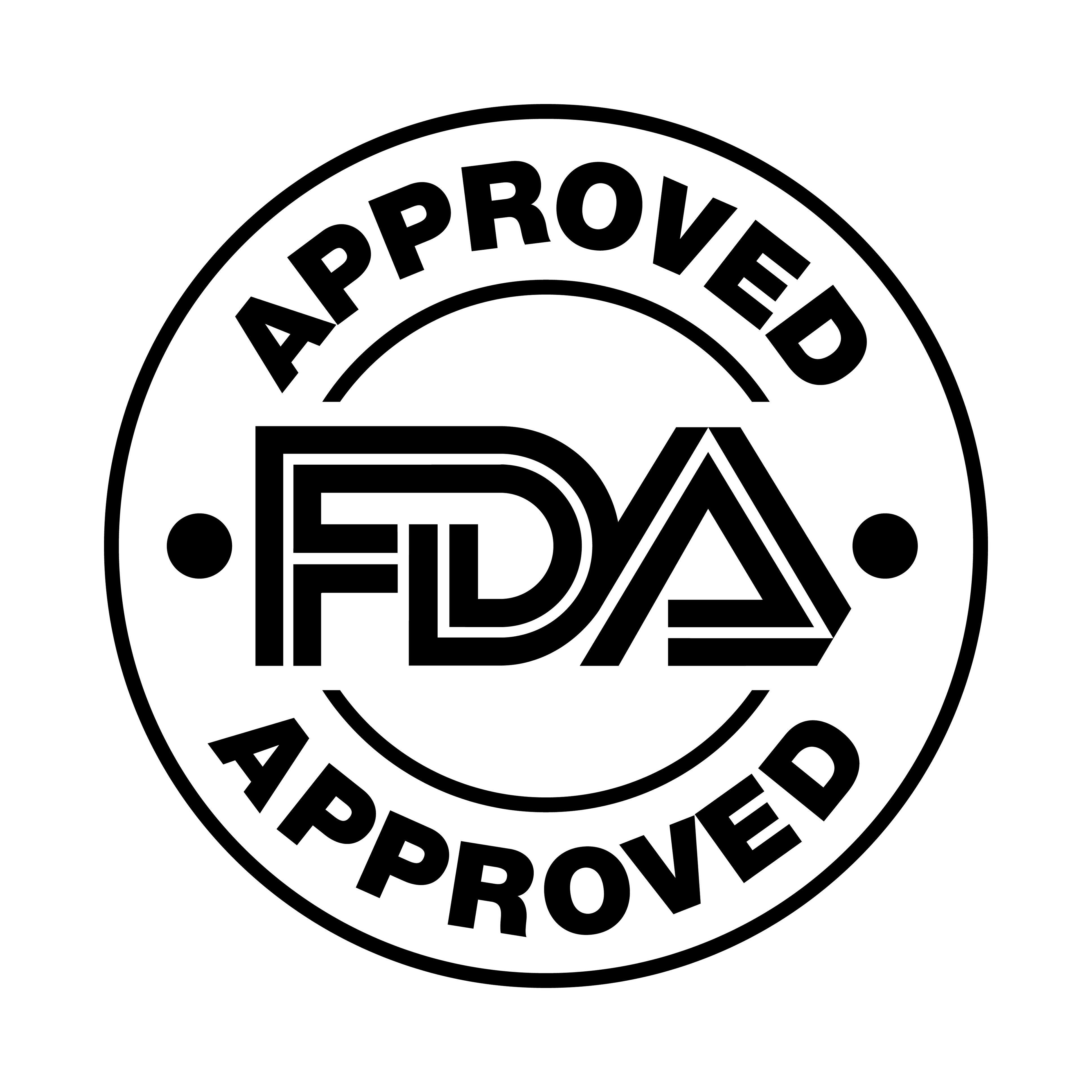Takeaways
- FDA Approval for SCD Gene Therapies: Exa-cel and lovo-cel have received FDA approval as the first gene therapies for sickle cell disease (SCD) in patients aged 12 and older.
- Innovative CRISPR/Cas9 Technology: Exa-cel is the first treatment using CRISPR/Cas9 genome editing technology, marking a significant advancement in gene therapy for SCD.
- Prevalence and Impact: SCD affects around 100,000 people in the U.S., predominantly in African Americans, causing severe pain and organ damage. The approved gene therapies address a critical need in managing SCD effects.
- CRISPR/Cas9 in Action: Exa-cel utilizes CRISPR/Cas9 to edit patients' blood stem cells, increasing fetal hemoglobin (HbF) production, preventing the sickling of red blood cells in SCD patients.
- Safety and Effectiveness: Trials demonstrate exa-cel's safety and efficacy in achieving freedom from severe crises for at least 12 months, with no graft failure or rejection reported.
The FDA has approved exagamglogene autotemcel (exa-cel) (Casgevy; Vertex Pharmaceuticals) and lovotibeglogene (lovo-cel) (Lyfgenia; Bluebird Bio) as the first cell-based gene therapies to treat sickle cell disease (SCD) in patients aged 12 years and up, according to a press release from the federal agency.
Additionally, exa-cel is the first FDA-approved treatment to “utilize a type of novel genome editing technology, signaling an innovative advancement in the field of gene therapy,” according to the FDA.
Applications for exa-cel and lovo-cel received Priority Review, Orphan Drug, Fast Track, and Regenerative Medicine Advanced Therapy designations from the FDA.
Affecting approximately 100,000 people in the United States, SCD is a group of inherited blood disorders. The primary problem in SCD, which is most common in African Americans, is a mutation in hemoglobin, the protein in red blood cells that delivers oxygen to tissues.
The mutation results in red blood cells taking a “sickle” shape, which can restrict flow of blood vessels, limiting oxygen to the body’s tissues. The limitation can lead to severe pain and organ damage. The recurrence of these events can lead to life-threatening disabilities and/or early death, the FDA stated in the news release.
Exa-cel is approved in SCD patients aged 12 years and older with recurrent vaso-occlusive crises (VOC) and first approved therapy using CRISPR/Cas9 genome editing technology, which edits the patients’ hematopoietic stem cells.
CRISPR/Cas9 can, in targeted areas, be directed to cut DNA, allowing for accurate editing (remove, add, or replace) DNA where it was cut. The modiefied blood stem cells are transplanted back into the patient within the boone marrow, increasing fetal hemoglobin (HbF) production.
In SCD patients, increased levels of HbF prevent the sickling of red blood cells.
Safety and efficacy of exa-cel was evaluated in an ongoing, single-arm, multicenter trial in adult and adolescent patients with SCD, and with a history of at least 2 protocol-defined severe VOCs in each of the 2 years before screening.
Forty-four patients were treated with exa-cel, with the primary outcome being freedom from severe VOC episodes for at least 12 consecutive months (amid 24-month follow-up). In all, 31 patients had sufficient follow-up time for evaluation, and 29 (93.5%) achieved the primary outcome.
No patients experienced graft failure or graft rejection.
With lovo-cel, blood stem cells are genetically modified to produce HbAT87Q, a gene-therapy derived hemoglobin that “functions similarly to hemoglobin A, which is the normal adult hemoglobin produced in persons not affected by sickle cell disease,” the FDA noted.
Red blood cells with HbAT87Q have a lower risk of sickling and occluding blood flow. The modified stem cells are then delivered to the patient. Lovo-cel was evaluated for safety and effectiveness in a single-arm, 24-month, multicenter study of patients aged 12 to 50 years with SCD and a history of vaso-occlusive events (VOEs).
Complete resolution of VOEs between 6 and 18 months post infusion of lovo-cel evaluated effectiveness. Of the 32 patients that received lovo-cel, 28 (88%) achieved complete resolution of VOEs.
Stomatitis, low levels of platelets, white blood cells, and red blood cells, and febrile neutropenia were the most common side effects associated with lovo-cel. Hematologic malignancy has occurred in those treated with lovo-cel, which contains a black box warning in the label with information regarding this risk.
Those receiving lovo-cel should have, “lifelong monitoring for these malignancies,” the FDA said.
Reference:
FDA approves first gene therapies to treat patients with sickle cell disease. FDA. Press release. December 8, 2023. Accessed December 8, 2023. https://www.fda.gov/news-events/press-announcements/fda-approves-first-gene-therapies-treat-patients-sickle-cell-disease
